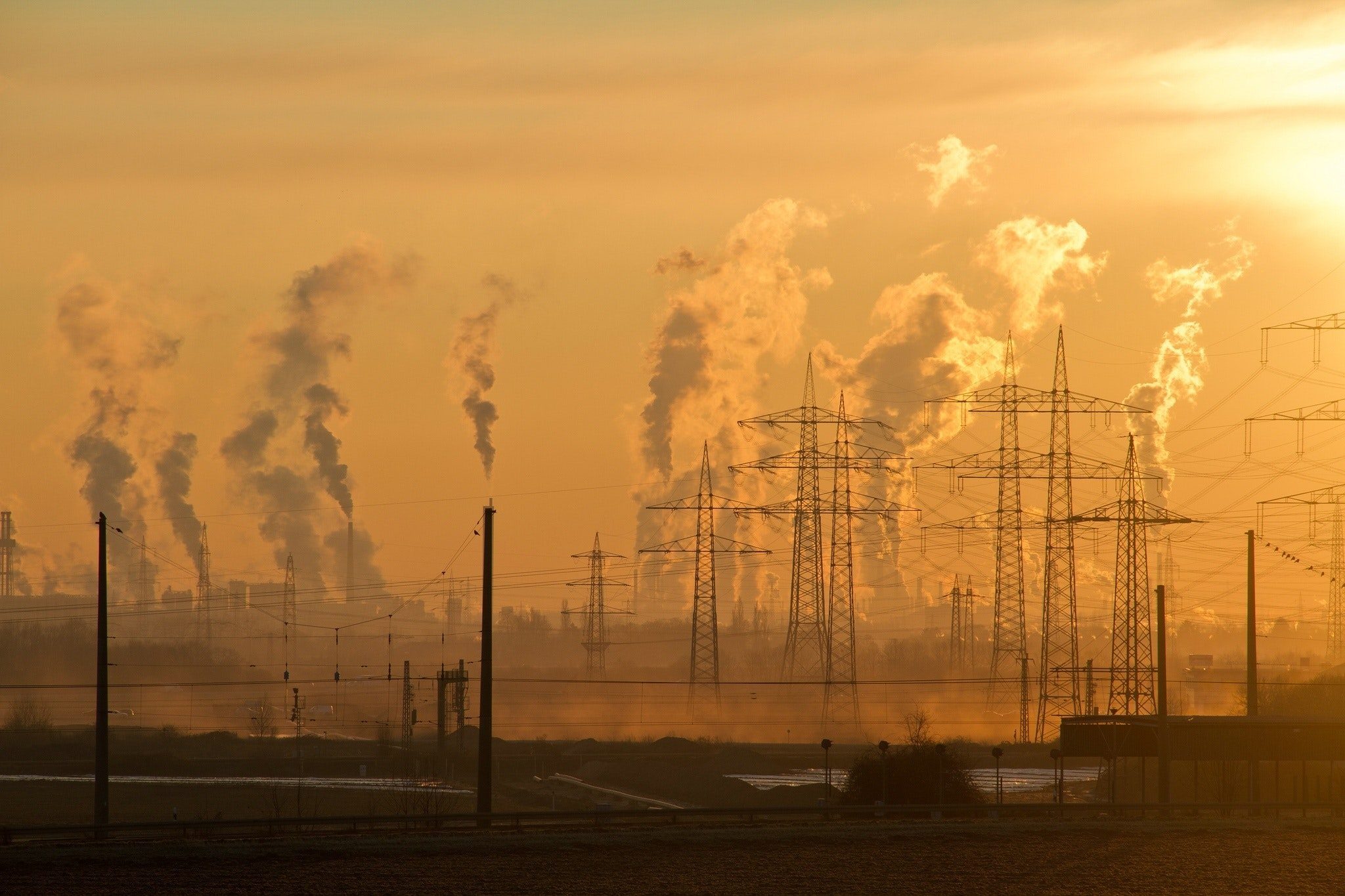If no action is taken, summertime sea ice atop the Arctic Ocean is expected to completely be wiped out by 2050.
The Arab League has called for regional and international cooperation to address climate change, as experts warn of the impact on more than three billion people globally.
The regional bloc’s remarks came during the International Conference on Climate Change and Human Rights in Doha on Tuesday.
The event is organised by the National Human Rights Committee (NHRC) in cooperation with several entities from the United Nations.
Virtually representing the Arab League, Assistant Secretary General Dr. Haifa Abu Ghazaleh said cooperation to address climate change and its threat to humanity is “an urgent matter”, Doha’s state news agency reported (QNA).
Dr. Abu Ghazaleh warned the Arab region is not immune to climate change, citing its geographical location and noting the bloc has prioritised the issue.
Speaking at the same event, the UN’s Office High Commissioner for Human Rights (OHCHR) MENA envoy Mohammad Ali Alnsour said climate change “constitutes a direct, immediate and long-term threat to the right to life”.
Alnsour noted that climate change’s effects have already reached 3.3 billion people globally and warned that the number of people affected by floods will spike from 1.2 billion to 1.6 billion by 2050.
According to the UN expert, 97.6 million were victims of disasters related to climate change in 2019 alone.
He added that between 2000 and 2019, Africa saw 134 droughts, with at least one person dying every 48 seconds in the affected countries. A total of five million deaths have also been reported due to the scorching heat, more than a half of which were reported among children.
“He [Alnsour] touched on the negative effects of the industrial activities of major economies, the effects of which extended to 55 countries with fragile economic systems that lack sufficient resources to adopt policies to adapt to the consequences of the climate crisis,” QNA reported.
The Gulf state has been hosting numerous conferences and leading initiatives in an effort to mitigate the impact of climate change. Such efforts fall under its target to cut carbon emissions as part of its National Vision 2030.
Doha has the highest number of buildings (1,406) with Global Sustainability Assessment System (GSAS), green building standards.
As a gas producing giant, Qatar has been promoting the use of liquefied natural gas (LNG) as a cleaner energy source in an effort to reduce the impact of climate change.
Growing concerns
The conference comes amid growing concerns over climate change as more populations suffer from its impact.
In 2021, the UN said humans have caused irreversible damage to planet earth as nations failed to minimise fossil-fuel emissions, causing the planet’s climate to warm up at a faster rate since 2,000 years.
The UN said heatwaves used to occur once every 50 years, whereas now they happen once per decade due to global warming as droughts become more common than ever. Heavy rain is now 1.3 times more likely.
If no action is taken, summertime sea ice atop the Arctic Ocean is expected to completely be wiped out by 2050, with sea levels expected to continue to rise for hundreds or thousands of years even if global warming is contained at 1.5 degrees Celsius.
A recent study found that 15 million people worldwide are in constant danger of a sudden and deadly outburst flood.







